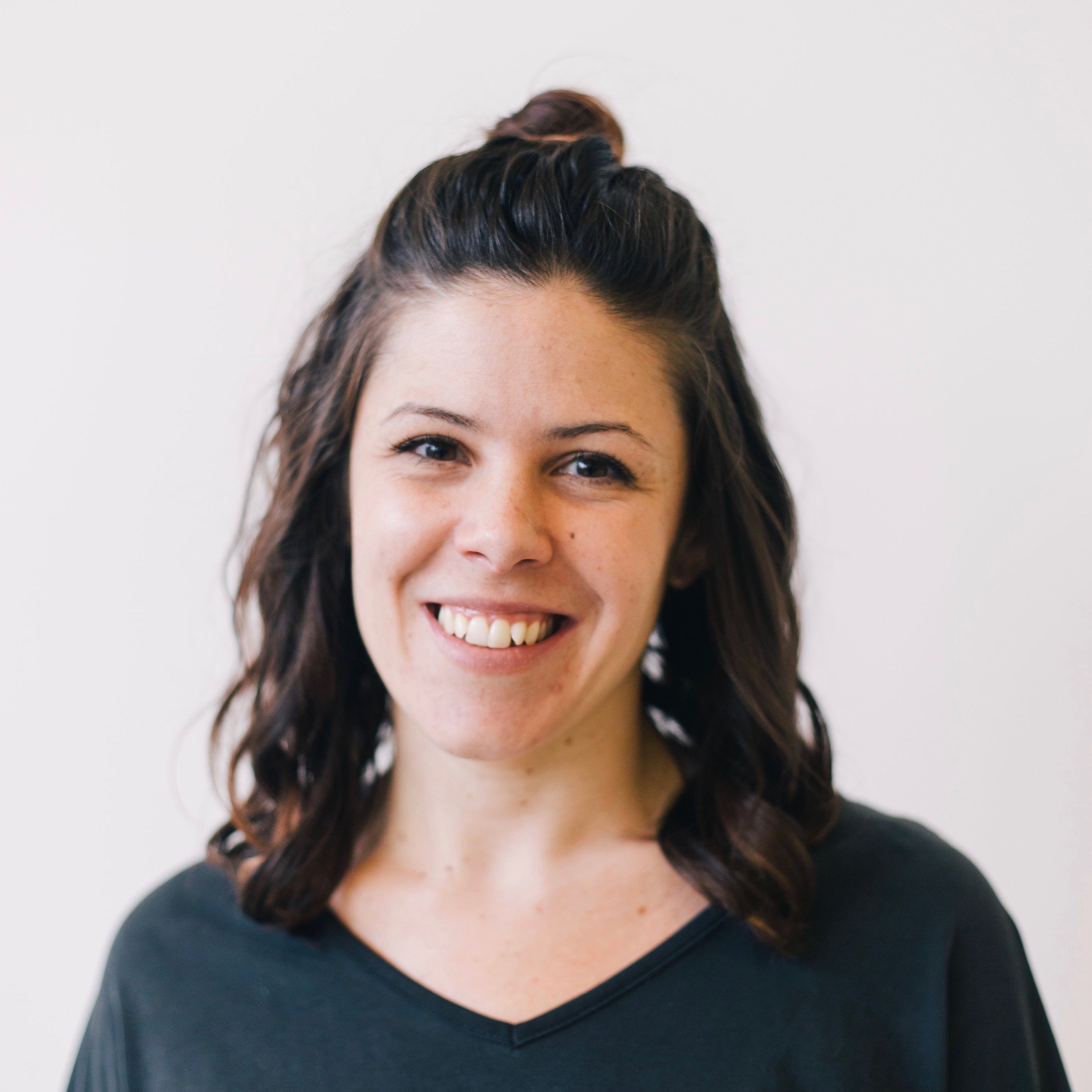Chicago Homeowners Brace for 10 Percent Hike in Property Taxes
Homeowners in Chicago are bracing for as much as a 10 percent increase on their property taxes because of a multi-year property tax increase imposed by the city and Chicago Public Schools.
While not as steep as an increase as in Chicago proper, a homeowner in suburban Cook County could see their property tax bill increase between 3.9 percent in the south suburbs and 6.5 percent in the north suburbs.
The news, which came from Cook County Clerk David Orr’s office, isn’t a major shock as Chicago and Chicago Public Schools had already announced the tax hike to help pay for worker pensions.
Beyond location, a tax bill is determined by the value of a home, the “equalization factor” calculated annually to determine state school funding, the tax rate, and targeted tax exemptions. The age of a home will also impact its property taxes. For example, a Chicago home worth $224,500 will pay about $4,000 in taxes this year — an increase of $363.
Homeowners in suburban Cook County generally see higher tax rates than in the city of Chicago. In suburbs to the north and northwest, tax rates typically declined but increased assessments will still cause an uptick in tax rates.
"There's much more variance in the suburbs than in the city of Chicago, as far as the tax rates are concerned, because of the number of taxing districts in the suburbs," Tanya Anthofer, a top-level manager in David Orr’s office, told the Chicago Tribune.
The highest composite tax rate for 2016 was reported in Ford Heights of 38.251 percent, a 0.605 percent change. The lowest rate was reported in Oak Brook where a 0.342 percent drop brought the composite rate to 6.989 percent.
Property tax rates will be reflected on the second installment of bills, which will be in the mail by the end of the month. The taxes will be due August 1.

